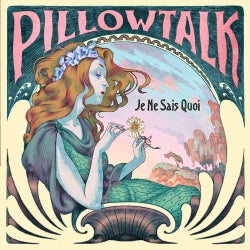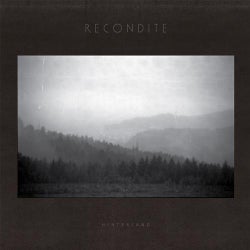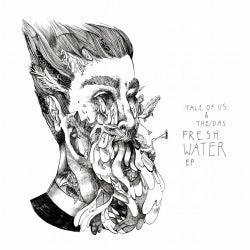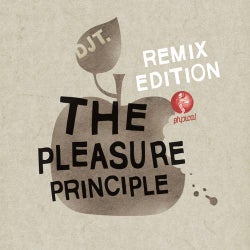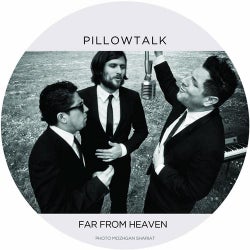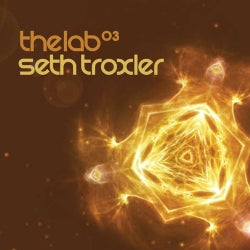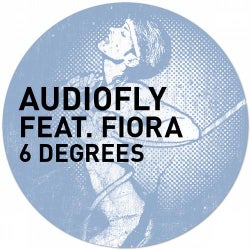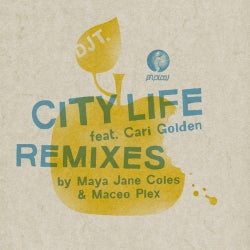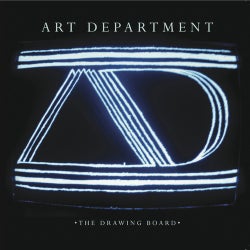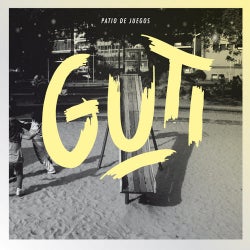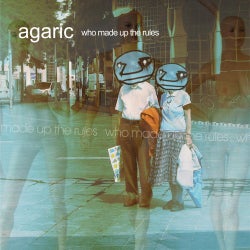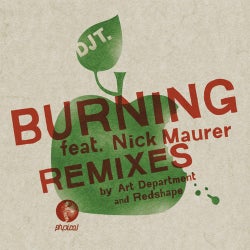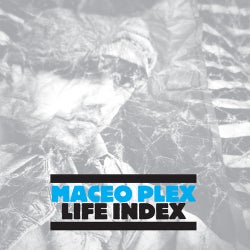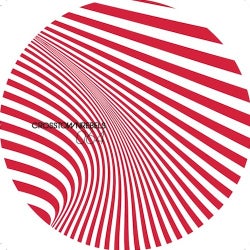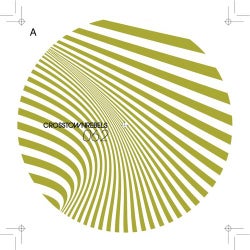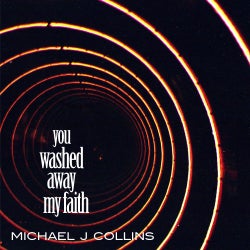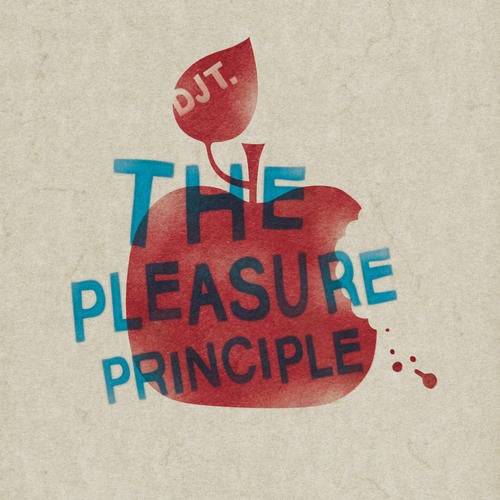
The Pleasure Principle
Release Date
2011-03-14Label
Get Physical Music
Catalog
GPMCD040Add to queue
Add to playlist
The Pleasure Principle refers to the human beings desire to seek gratification and avoid pain, to satisfy primal biological and psychological needs; DJ T.s Pleasure Principle immerses itself, wholly and rapturously, into electronic musics legacy of authentic soul, ...
Title / Artists
Label / Remixers
Genre / BPM & Key
Released
People Also Bought
Seth Troxler - The Lab 03
Hatikvah, Bearweasel, Hati Munetsi, Tommy Bones, Daze Maxim, Dieter Krause, Deepak Sharma, Dewalta, Ark, WestBoy, Daniel Bortz, Sascha Sibler, David Alvarado, Mungolian Jetset, Home & Garden, Dinky, Soul Capsule, DBX, David Durango, Masomenos, Exercise One, Chaim, Meital De Razon, Oni Ayhun, Superpitcher, Radioactive Man, UND, Seth Troxler
Rebel Rave
Clive Henry, The Royal We, Guests Of Nature, Deniz Kurtel, Seth Troxler, Glimpse, Aaron-Carl, Dyed Soundorom, Butane, Luke Solomon, Chic Miniature, Frank Garcia, Mlle Caro, Soul Clap, Maceo Plex, Minilogue, N/A, Rosina, Peace Division, Pleasant Gehman, Shonky, Jen Cardini, Jamie Jones, Hiem, Riz MC, Rob Mello, Different Gear, Laurent Garnier, Shackleton, Jackson Del Ray

